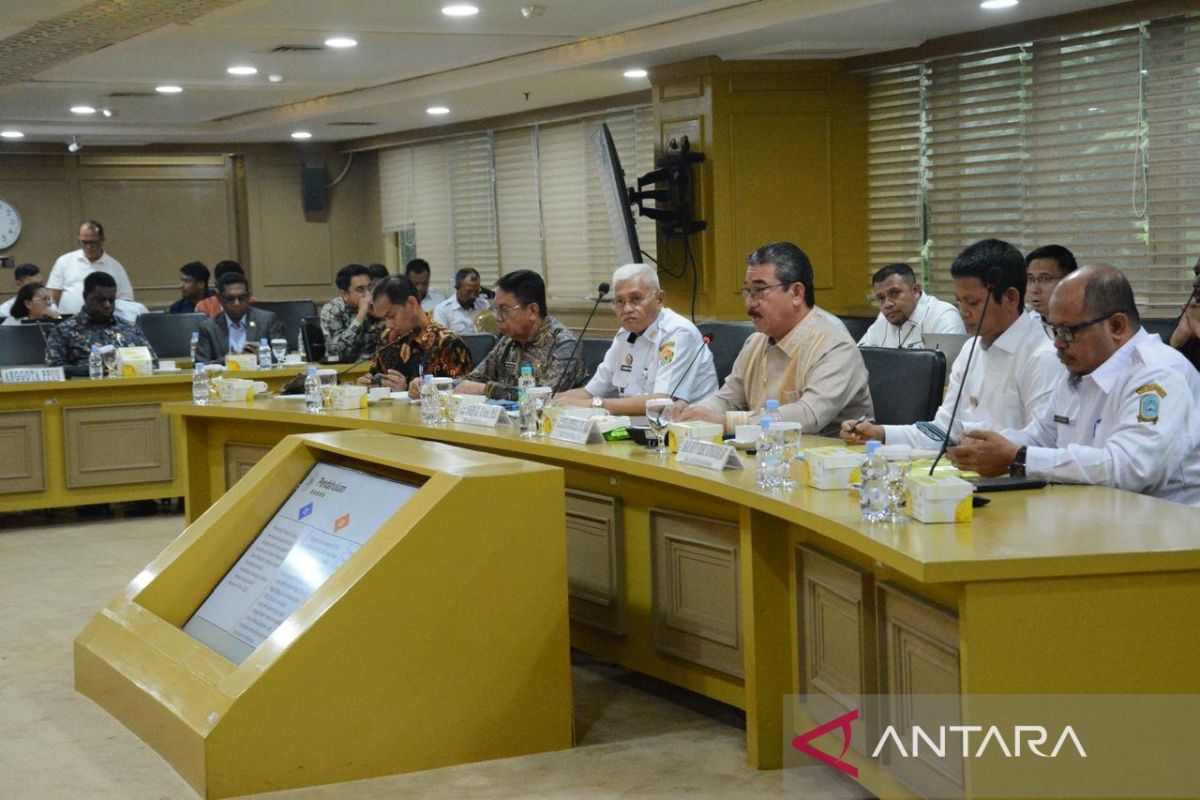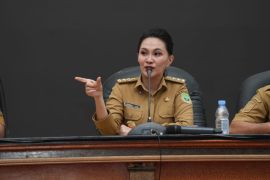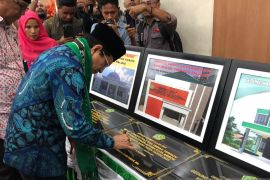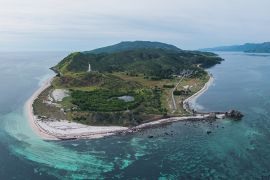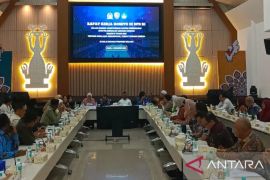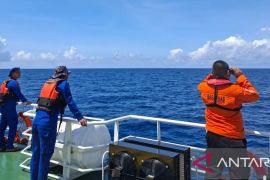Maluku Governor Hendrik Lewerissa said Friday that the bill must address the unique challenges faced by Indonesia’s island provinces, where territories are separated by vast waters and public services are often hindered by high transportation and logistics costs.
“The bill should focus on sea, air, and digital connectivity to ensure that communities in small and outer islands have equal access to education, healthcare, and economic opportunities,” he said.
Lewerissa stressed that development policies and public services must be affirmative and adapted to geographic realities.
He added that archipelagic provinces should be granted special authority to manage maritime and coastal resources, including sharing the benefits of natural resources.
Related news: Airport optimization key to equitable growth across Indonesia: AHY
The governor made the statement during a hearing on the bill organized by the DPD’s Law Drafting Committee in Jakarta. He also commended the DPD’s commitment to advancing the bill within the 2025 National Legislative Priority Program (Prolegnas).
Lewerissa highlighted the need to reform regional financial systems, such as the General Allocation Fund (DAU) and Special Allocation Fund (DAK), to account for the number of inhabited islands, sea area, and logistical difficulties in delivering public services.
“Approaches based only on land area and population do not reflect the real needs of archipelagic regions,” he noted.
He proposed a reassessment of the draft law to ensure it becomes a strong, visionary, and equitable legal foundation for all archipelagic provinces in Indonesia.
By addressing connectivity, resource management, and tailored financial systems, the governor emphasized that the bill could significantly improve public services and development in remote island communities.
Related news: RI Govt says its priority improving nationwide connectivity
Translator: Ode, Kenzu
Editor: Rahmad Nasution
Copyright © ANTARA 2025
